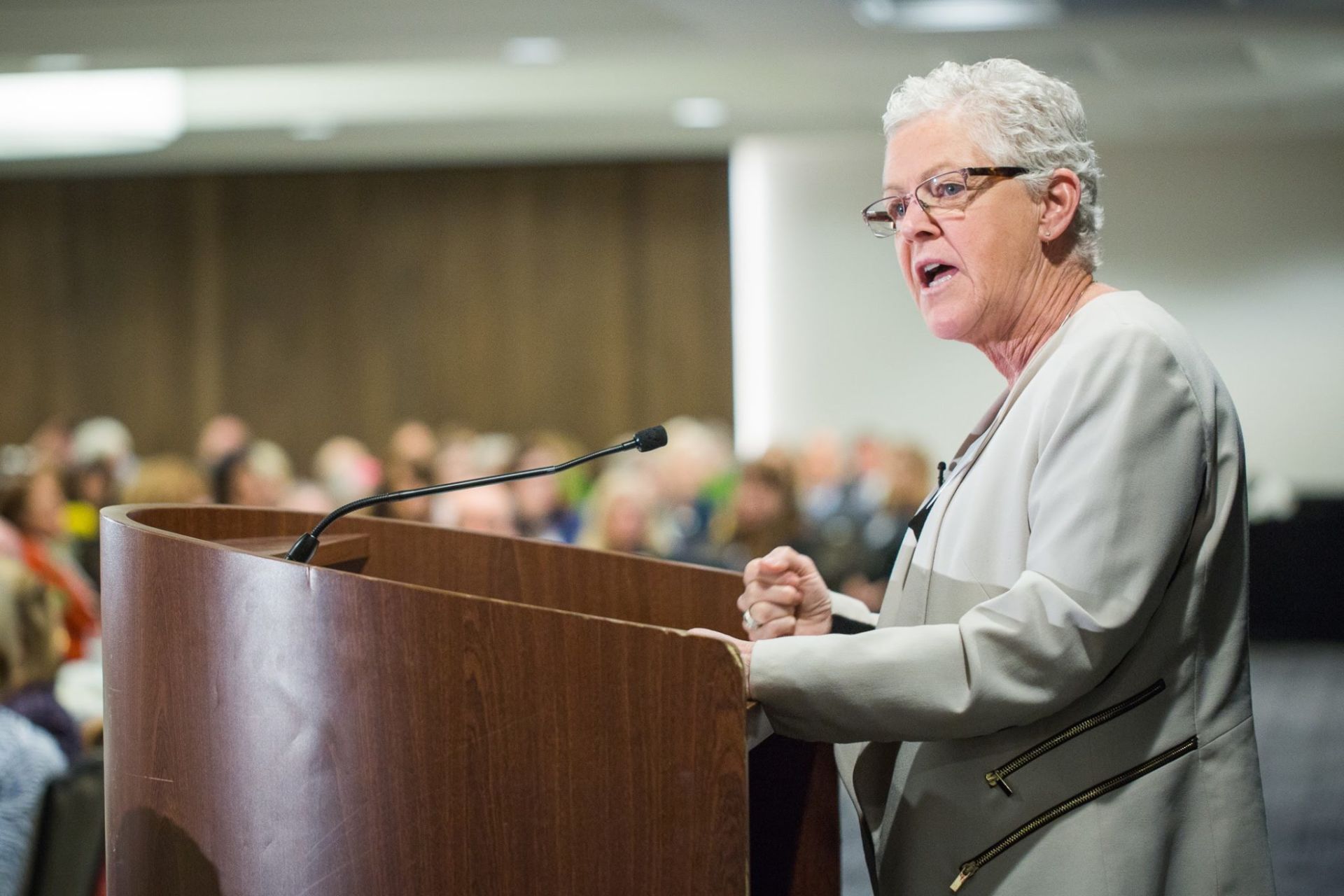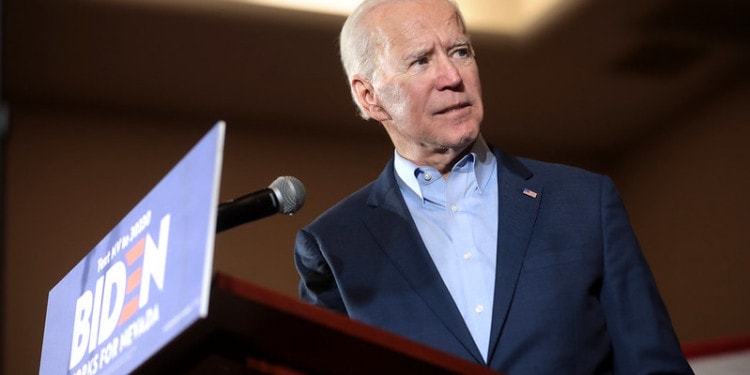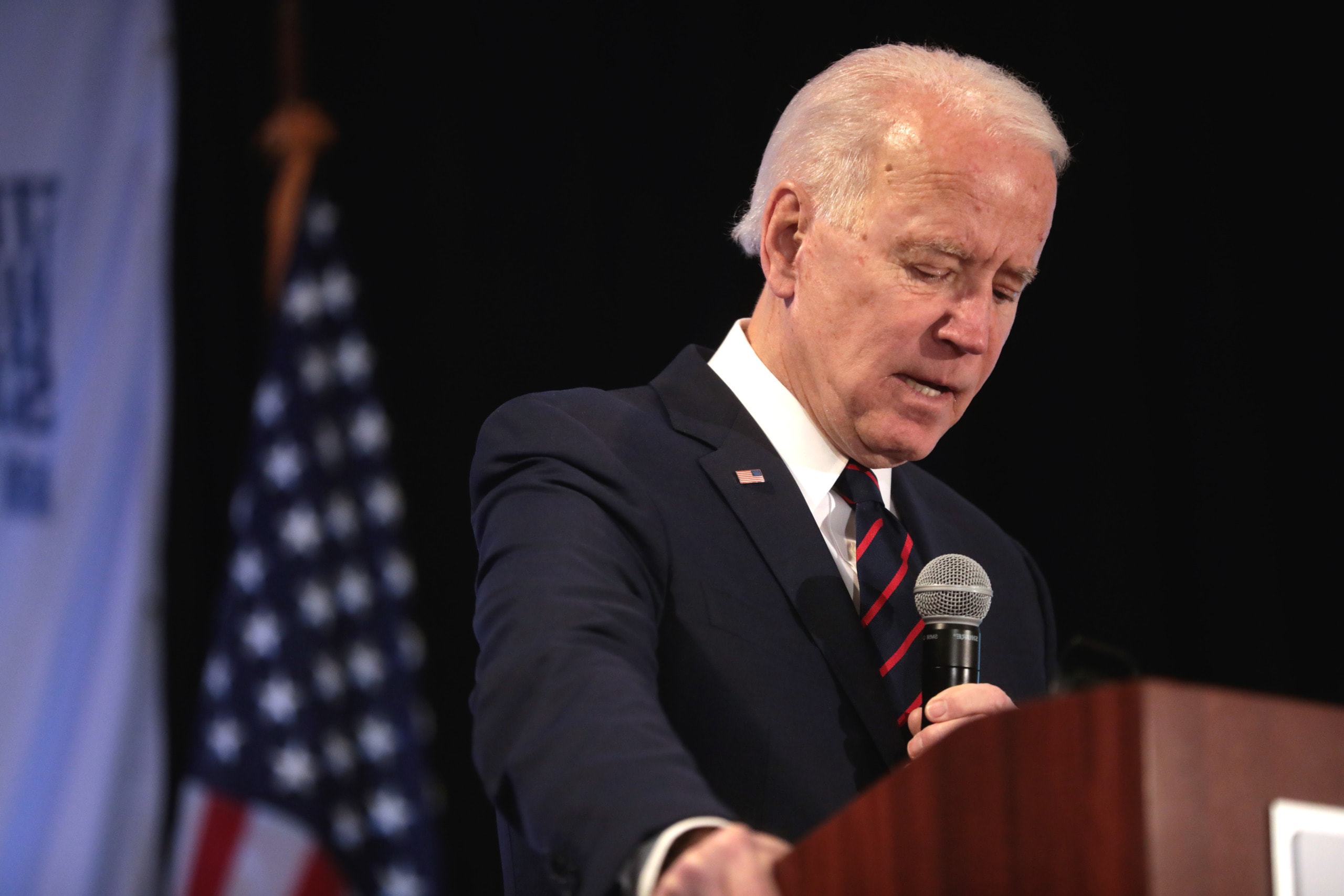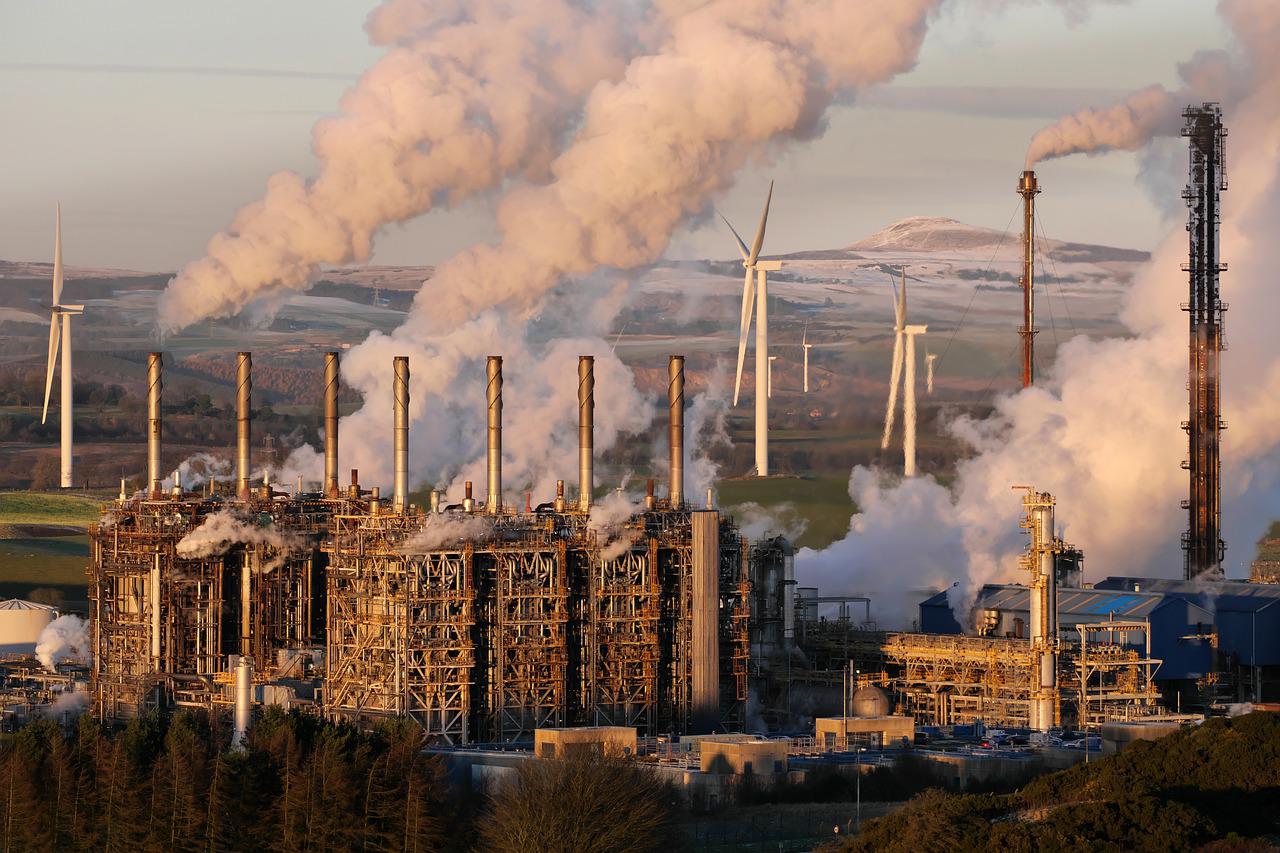After representatives from several EU governments came to unison last Wednesday on a new European climate deal, the stage was set for U.S. President Joe Biden to follow suit. The virtual Leaders Summit on Climate convened by Biden and starting a day after, on 22 April, was an opportunity for Biden to hoist America from the abyss Trump had left it in as a result of his utter negligence on the issue of climate change. From the start of his presidency, Biden has been unequivocal in his stance to bring the U.S. back to the forefront of climate action, making sure that one of his first moves was to rejoin the Paris Agreement. And the next logical step was, of course, announcing a new climate goal.
Yet the mess Trump had left was so indelibly consequential that skepticism amongst the international community had less to do with the sincerity of Biden’s intentions than with America’s capacity in making this sort of recovery. With both time and trust lost in America as a reliable contributor to climate action, Biden’s proposed new climate goal had to transcend mere numbers and projections. He had to provide a deeper commitment that was both ambitious and realistic to show why the U.S. can be trusted once again. In this precarious footing the U.S. finds itself in, a lot had hinged on this summit and for more reasons than one.
America is back. We rejoined the Paris Agreement and are ready to rally the world to tackle the climate crisis. Let’s do this.
— President Biden Archived (@POTUS46Archive) April 22, 2021
During his announcement, one that was meant to resurrect the U.S. in global climate action, Biden espoused the target to cut emissions down by 50-52% from 2005 levels by 2030. “This is the decade we must make decisions that will avoid the worst consequences of the climate crisis,” Biden stated at the summit. This climate goal marks a significant checkpoint in Biden’s ultimate plan to entirely decarbonize the U.S. economy by 2050 — a plan that Biden holds would create millions of jobs and that has been met with skepticism among Republicans who regularly argue it would damage the economy.
The summit was the first of many that will include world leaders from the G7 and G20 before the annual UN climate talks in November in Scotland whereby climate pledges must be updated under the Paris Agreement for almost 200 countries.

Biden’s targets were met with much delight from world leaders, including German Chancellor Angela Merkel and European Commission President Ursula Von Der Leyen alongside British Prime Minister Boris Johnson, who labeled the plans as “game-changing.”
Thank you @POTUS @JoeBiden for convening the #LeadersClimateSummit
Europe will be the 1st climate neutral continent. But it does not want to be the only one.
Let's all commit to ambitious emission reductions by 2030, on the way to net-zero by 2050.
https://t.co/xi1gk6icfv— Ursula von der Leyen (@vonderleyen) April 22, 2021
These targets are also in line with various environmental groups, activists, and European officials who previously called for the American government to commit to cutting down emissions to 50% given the U.S. position as the second-largest polluter worldwide. “A Nationally Determined Contribution that cuts emissions by at least 50% by 2030 in this country will deliver substantial equity, public health and economic benefits,” said Michael Brune, Sierra Club Executive Director, speaking on the necessity of such targets.
Although this newly announced target is almost double the previous American target proposed by the Obama administration (it called for a 26-28% reduction) and that was included as a target in the 2015 Paris Agreement to be achieved by 2025, Nathan Hultman, Director of the Centre for Global Sustainability, argued that there are far more possibilities now on climate mitigation than in the past. Why? Aside from the cost of clean energy technology dropping, people all around the world have become increasingly aware of the issue and demanding that real measures be taken to fight against it.
The Challenges Biden Faces
Since Biden last served in the White House, the nature of international climate diplomacy had dramatically transformed whilst America’s reputation plummeted on the international scene. As climate change accelerates, valuable time was lost while trust in climate diplomacy had worn down. The fractured and unpredictable nature of American politics had left them as unreliable partners in the eyes of the world. For Biden, the summit presented a monumental task of rebuilding such ruptured relations with the ultimate hopes of re-establishing the U.S. among the leaders in the fight to withstand the effects of climate change. And although his announcement was a first step in the right direction, Biden’s words must be backed by action if he hopes to consolidate America’s standing in the global climate cause.
“The international community and our partners abroad will be watching”
Aimee Barnes, a fellow at the Centre on Global Energy Policy.
The residual effects of Trump’s climate mismanagement cannot be underestimated. After he took office in 2017, his administration made a series of decisions that incessantly undermined the priority of climate action. He had legislated and rolled back over a hundred environmental protections designed to mitigate warming. This long list includes leaving the Paris Agreement, relaxing regulations for climate polluters, approving the Keystone XL pipeline, etc.
However, none of these enactments amounted to the consequential impact of America’s single-worst climate drawback – wasted time. Not only did CO2 emissions rise, albeit only slightly, but the biggest failure was stagnating at a time when the rest of the world was moving forward in its fight against the climate.
Moreover, each year, the climate and economic costs of cultivating a future less dependent on fossil fuels are increasingly steep, and with the loss of four years, greater pressure is placed on future leaders, such as Biden, to find ways to recover the time lost. “The more you delay, either the more costly those policies will become to implement, or the alternative is that you just won’t achieve as much with them. That’s the impact of the Trump years” said Noah Kaufman, a climate policy expert at Columbia University.
“To me, what hasn’t happened over the last four years is much more important than what has happened”
Noah Kaufman, a climate policy expert at Columbia University
The reality is that when it comes to the climate, America is no longer at the center of the world. When America sneezes, the world no longer catches a cold. In this case, the imminence of global warming now transcends U.S. supposed global superiority. For Biden, re-joining the Paris Agreement and attempting to establish a foot in the fight against climate change is not perceived as a favor to the world, but rather a favor first and foremost to America itself. It is paramount that America’s elites, and its people, realize that no matter what happens, now or in the future, the fight against climate change will proceed. And now, following the European climate law, America is in the uncomfortable and unfamiliar position of having to catch up with the rest of the world.
Related articles: 5 Reasons the US Should Cut its GHG Emissions in Half by 2030 | How Do Countries’ New Emissions-reduction Plans Stack Up?
Yet, hope remained even before this summit, as Narayan Subramanian, a climate policy expert, claimed that “nothing was permanently lost, in terms of the regulatory framework for environmental policy… everything [the Trump Administration] has done on the regulatory front is reversible.” The real question, he said, concerned the length of time it would take for Biden’s administration to recover first and then become a spearheading leader in the global climate action.

The return of Gina McCarthy as the White House national climate advisor presents another reason for optimism. She was to a large extent the driving force for climate action during Obama’s tenure and had made substantial progress before the Trump administration had relieved her of her position. Aside from President Biden, she is next in line among the more powerful climate change officials in the country. And this time, her efforts are not simply directed towards replicating her Obama-era plans, but at leading an entire government in climate action that incorporates all sectors of American society playing its part. If Biden’s targets for 2030 are to be perceived with some level of realism, it would largely be due to her.
Editor’s Note: The opinions expressed here by Impakter.com columnists or contributors are their own, not those of Impakter.com – In the Featured Photo: Former Vice President of the United States Joe Biden speaking with supporters at a community event at Sun City MacDonald Ranch in Henderson, Nevada – Featured Photo Credits: flickr














